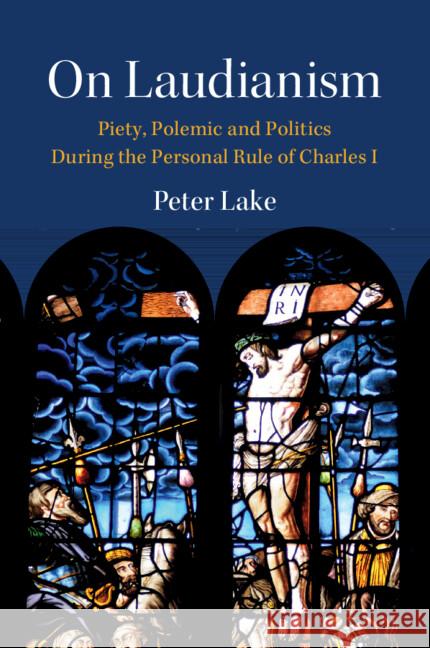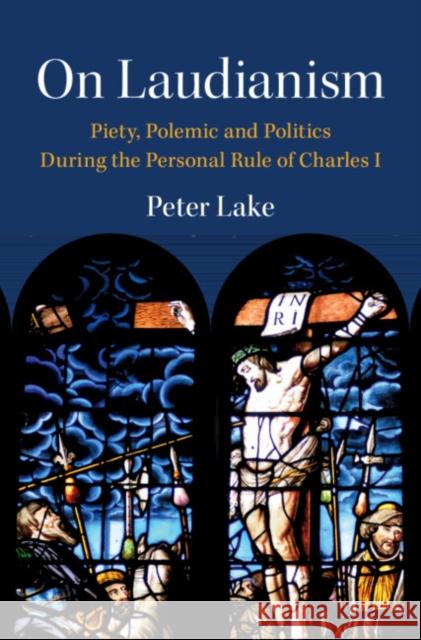topmenu
Wyniki wyszukiwania:
wyszukanych pozycji: 2
 |
On Laudianism: Piety, Polemic and Politics During the Personal Rule of Charles I
ISBN: 9781009306799 / Angielski / Miękka / 2025 / 631 str. Termin realizacji zamówienia: ok. 22 dni roboczych. |
cena:
144,61 |
 |
On Laudianism
ISBN: 9781009306812 / Twarda / 2023 / 654 str. Termin realizacji zamówienia: ok. 22 dni roboczych. |
cena:
190,72 |










